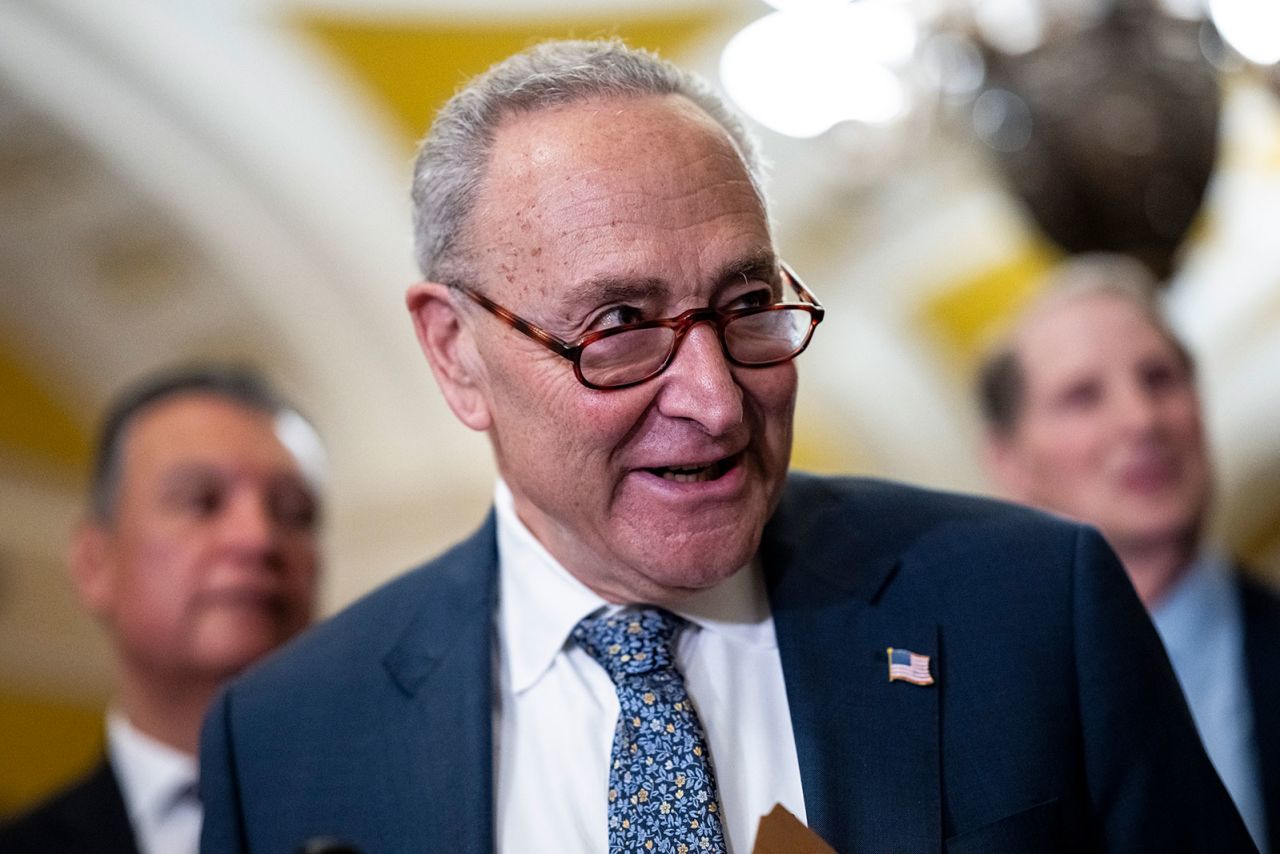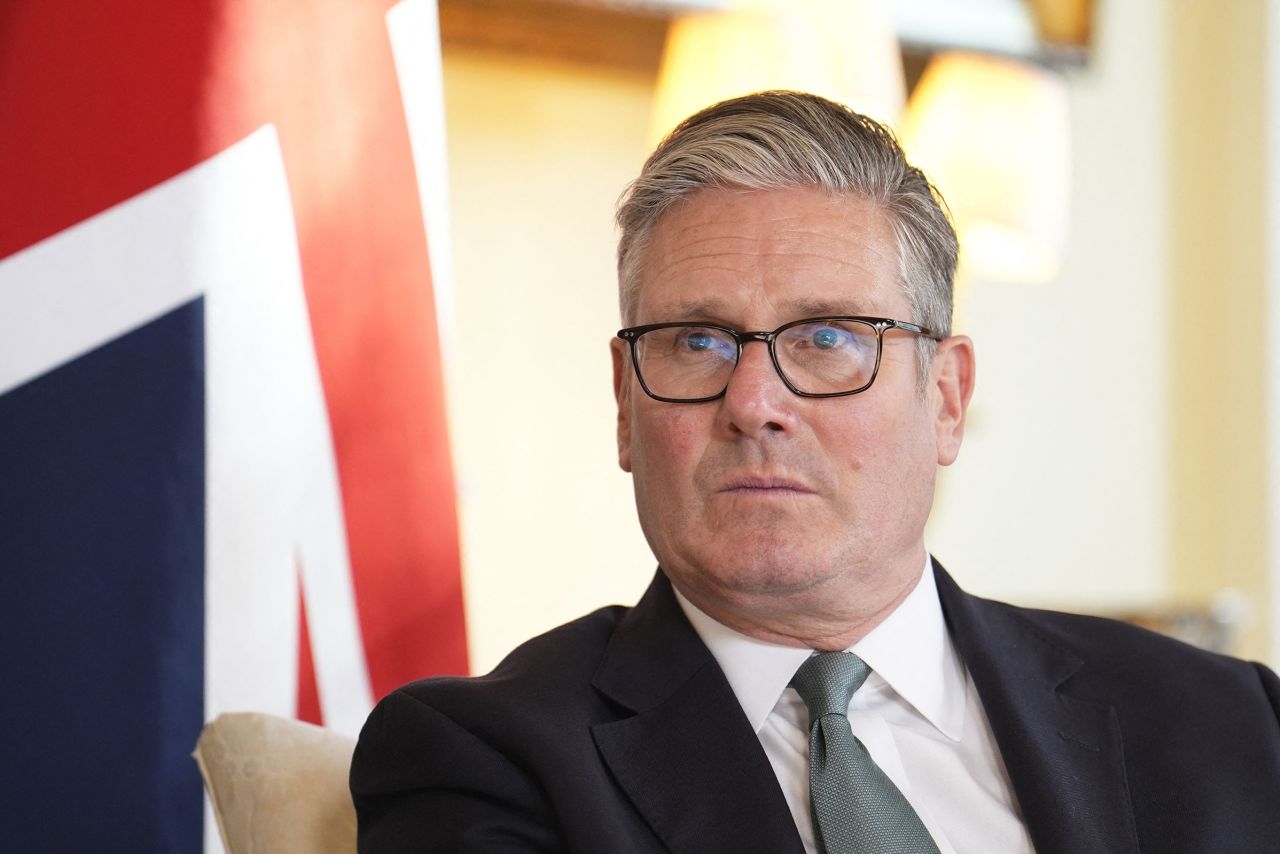Retired General Tells CNN’s Anderson Cooper He’s ‘Impressed’ by Trump’s Decision to Bomb Iran Nuclear Sites
In a recent interview on CNN, retired Brigadier General Mark Kimmitt shared his insights on former President Donald Trump’s controversial decision regarding military operations aimed at Iran’s nuclear sites. Kimmitt expressed a sense of admiration for Trump’s strategic approach, noting that he was “impressed” by the intricate tactics used during the U.S. strikes. This assessment highlights a blend of military acumen and diplomatic considerations that arise when addressing national security concerns, particularly in the Middle East.
Strategic Use of Military Tactics
During the interview with Anderson Cooper, General Kimmitt elaborated on the tactical sophistication involved in the military operations against Iran. He emphasized that Trump’s decisions were not made in a vacuum but were instead part of a broader strategy to mitigate potential threats posed by Iran’s nuclear ambitions. Kimmitt’s admiration stems from how the administration’s tactical planning seemed to include elements of deception aimed at outmaneuvering adversaries on an international stage.
The former general explained that successful military operations often require a careful balance of direct action and strategic foresight. The choice to engage in targeted strikes demonstrated an understanding of both the military landscape and international relations. General Kimmitt posited that this approach not only sends a clear message to Tehran but also reassures U.S. allies in the region of America’s commitment to their security. His analysis invites a deeper consideration of the complexities involved in defense strategies, particularly in regions rife with geopolitical tension.
Complexities of International Relations
While discussing U.S. actions in the Middle East, Kimmitt acknowledged the delicate balance that must be maintained in international relations. The decision to bomb Iran’s nuclear sites could be interpreted as a proactive measure against a perceived threat, but it also has significant implications for global diplomacy. The retired general pointed out that decisions made by the U.S. have a cascading effect on relations not only with Iran but also with its allies and adversaries alike.
Underestimating the response from Iran or miscalculating the impact on diplomatic negotiations could lead to unforeseen repercussions. Kimmitt raised concerns about the ramifications of military actions, suggesting that while such strategies can deter nuclear proliferation, they may simultaneously escalate tensions within the already volatile region. As the discussion unfolded, it became clear that the complexities of military engagement require not just a focus on immediate tactical objectives, but also a careful consideration of long-term diplomatic goals.
The Role of Media in Shaping Perceptions
The interview on CNN serves as more than just a platform for discussion; it reflects the role of media in shaping public perception around military operations and foreign policy. In his conversation with Cooper, Kimmitt articulated views that not only represent military insights but also echoes sentiments found within certain segments of the American public. This interaction underscores how media narratives can influence opinions regarding national security decisions.
As retired military personnel like General Kimmitt actively participate in media dialogues, they both inform the public and influence policymakers. Their perspectives help frame the understanding of military decisions and the rationale behind them. The interplay between military strategy and public perception is critical, as it can affect congressional support for defense initiatives and influence future diplomatic negotiations.
Conclusion
General Kimmitt’s interview underscores the intricate relationship between military action, strategic diplomacy, and public perception. His admiration for Trump’s tactics in the U.S. strikes against Iran’s nuclear capabilities invites further exploration of the intersection between military necessity and global diplomacy. As discussions around this complex issue continue, staying informed is essential. For more insights on national security and military strategy, consider following ongoing analyses and expert discussions in reputable media outlets.



